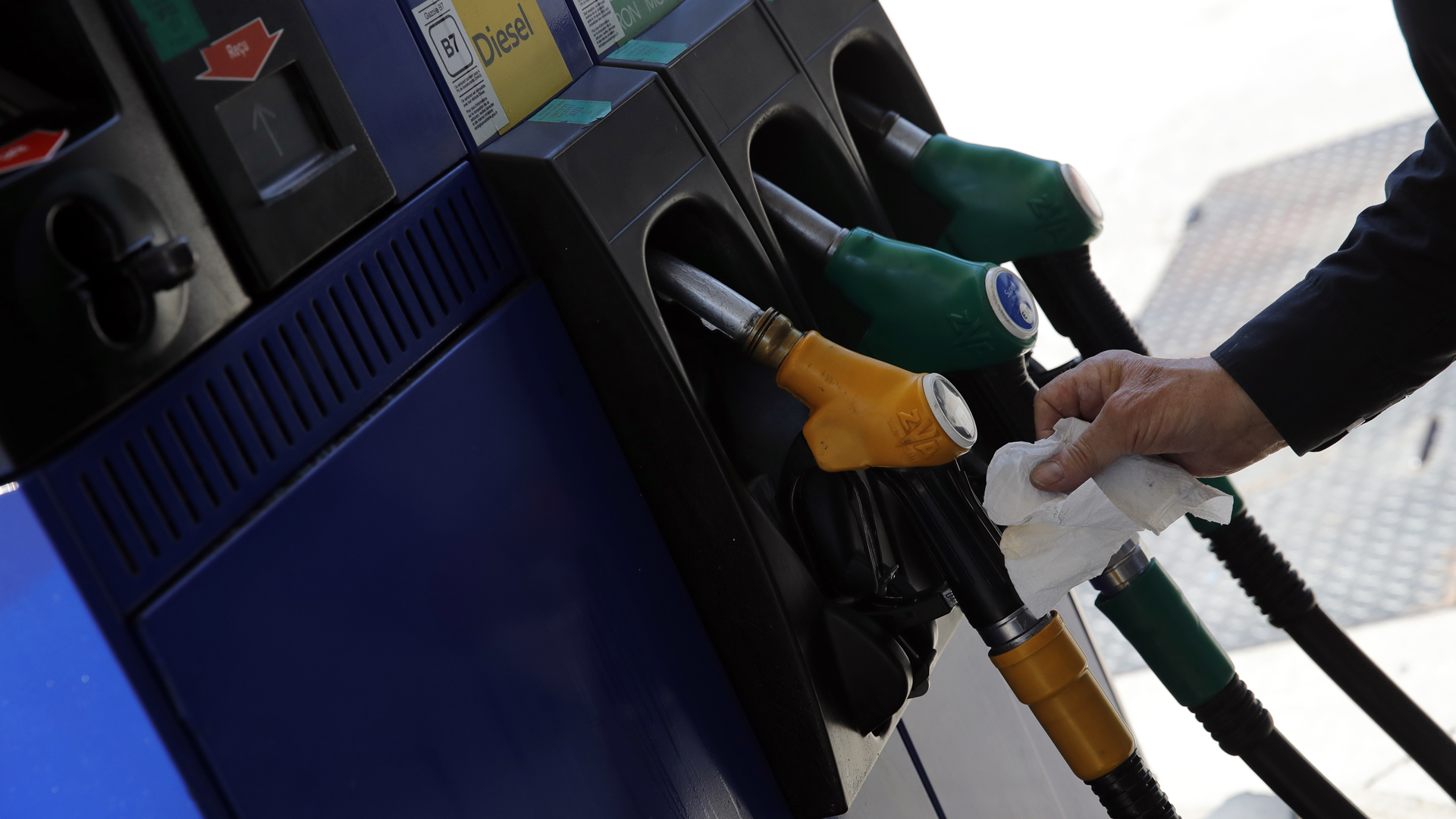

Throughout the pandemic, one of the activities that many of us were the least sure about was pumping our own fuel. That can be kind of a germy, dirty activity on a good day, and we collectively haven’t had a lot of good days lately. Many people touch self-serve fuel pumps without anyone disinfecting them in between rounds of fueling, and some of them play it fast and loose with other COVID-19 restrictions and recommendations. Yet according to guidance from the Texas Medical Association, pumping your gas is a relatively low-risk activity for catching the novel coronavirus.
Physicians in the Texas Medical Association’s COVID-19 Task Force and the Committee on Infectious Diseases put together a handy chart to illustrate the COVID-19 risk for various common activities based on a scale of 1 to 10 with 10 being the riskiest. Take a look:

Outdoor activities, as well as those with limited contact with others, tend to be the lowest risk. However, certain outdoor activities such as going to an amusement park, a sporting event or the beach—all where folks tend to congregate in more tightly packed groups or consume alcohol, which tends to lower peoples’ guard on social distancing and other precautions—are ranked as higher risks.
Perhaps the biggest surprise for many automotive enthusiasts (and ordinary drivers just getting from Point A to Point B) was the ranking of pumping your own fuel as a 2 out of 10 low risk. This contradicts many detailing guides that focus on lowering the risk of COVID-19 in your car, which specifically call out fuel pumps as a big risk.

The Drive reached out to the Texas Medical Association for further details on what specific factors may have influenced the physicians’ input that went into this chart, such as gas pumps’ outdoor location or the results of contact tracing. We have not received a response at the time of publication and will update this article if we hear back.
But it’s worth noting that this information is supported by the latest information on how COVID-19 spreads from the Centers for Disease Control and Prevention, which indicates that the virus primarily spreads from person-to-person. That includes being within close contact of another person and inhaling respiratory droplets that come from breath, coughs and sneezes. While it is possible the virus can spread through surface contacts, it is not believed to be the primary transmitter.
And before anyone pushes back on this conclusion due to the record numbers of confirmed COVID-19 infections in Texas, it’s worth noting that the Texas Medical Association is wholly separate from the state government. Rather, it’s a statewide society that represents the medical community working on the front lines of this pandemic who bases their conclusions and patient care on current scientific research.
However, one key factor that heavily influenced the Texas Medical Association’s guide was that the physicians they consulted based their conclusions on a best-case scenario where people are still acting on their best pandemic-time behavior. “The levels are based on input from the physician members of the task force and the committee, who worked from the assumption that—no matter the activity—participants were taking as many safety precautions as they can,” the report said.
Regardless of your state, local and national requirements, you should follow the guidance of epidemiologists and other medical or scientific professionals even if it’s stricter than what’s legally mandated. Keep using those disinfectants, hand sanitizers and car cleaners frequently. Wash your hands often, don’t touch your face, wear a mask, yadda yadda, we all know the drill by now. You may even want to wear disposable gloves to handle fuel pumps or opt for full-service anyway, particularly if you’re at an elevated risk of contracting the virus. This risk chart isn’t a free pass to go back to your normal behavior before the pandemic.
[h/t ttyymmnn on OppositeLock!]